Every bit helps

The song remains the same > These two measures could help to extend the life of your CPU significantly. Key word here being "could".
Could is key, and "significantly" is also a key term here. What is a significant improvement? How can one prove a significant improvement?
In theory, yes every bit helps. But where do you draw a line? If you drop it by 10 degrees and it helps, should you go above and beyond to also try to get to 12 degrees. What if you could add a bunch more fans and get even 13 degrees? But if it's within operating spec, what could this significant improvement be?
I think some people could read that and think, man if I don't take action i "might" only get 2 years out of my CPU. But if I just add more cooling, I could get 6, 8, 12 or even 22 years out of that same CPU. That would be significant. But I would bet dollars to donuts, if we are talking about a cpu running within range, that chances are HIGHLY LIKELY that the lifepan of the CPU without additional cooling is likely to be longer than you plan to keep it or actually use it anyway.
I'm assuming nothing here. If overclocking is in the equation then my statement even carries more weight. A cooler CPU is always a worthy consideration.
My mantra is I build it, and i see what it's running. If it's within spec, and nowhere near the high end of the extreme, then I don't tend to spend my extra money on even more cooling. My current case holds 9 case fans. I run 3. My Ryzen 9 5900x rarely hits 70c. I don't think I'd be getting many more years out of this chip if I dropped that to a max of 65, or even 60. I think it would still be 10+ years and I won't really be using it 10+ years from now. (most likely).
I'm not saying anybody else is wrong, but I feel that claims of significant improvements on small amounts of additional cooling within operating specs are more exaggerations or true in theory versus real life results.


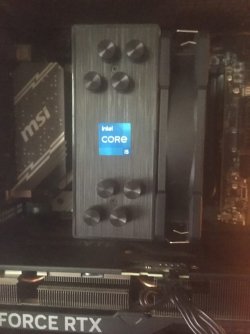



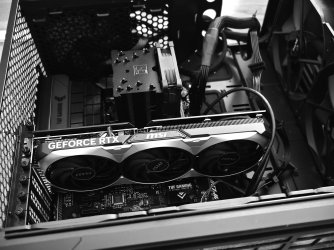

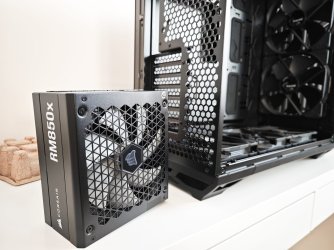
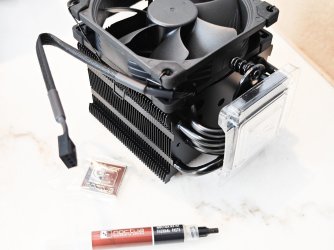

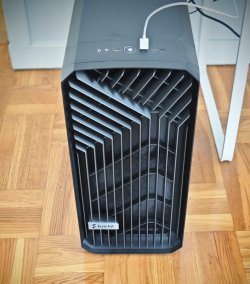
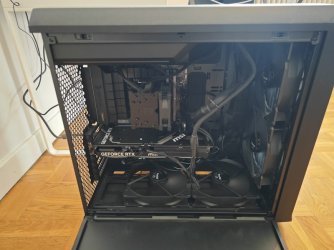
 The song remains the same > These two measures could help to extend the life of your CPU significantly. Key word here being "could". I'm assuming nothing here. If overclocking is in the equation then my statement even carries more weight. A cooler CPU is always a worthy consideration.
The song remains the same > These two measures could help to extend the life of your CPU significantly. Key word here being "could". I'm assuming nothing here. If overclocking is in the equation then my statement even carries more weight. A cooler CPU is always a worthy consideration.






